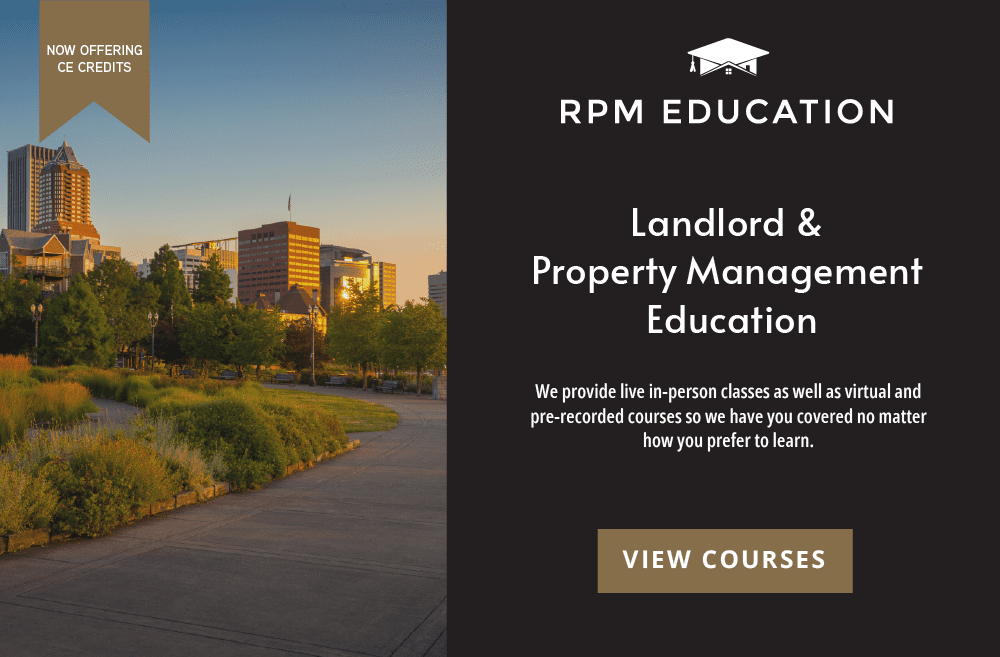How can a landlord keep up and avoid being sued?
If you are one of those real estate investors that dares to manage your rentals on your own, you have your work cut out for you. In addition to doing the actual job of a property manager, you have to stay up to date on federal, state, and local law changes. Given that the landlord/tenant relationship is one of the most litigious professional relationships that exists, you absolutely can’t afford to miss a law change. Landlords are sued for tens of thousands of dollars on a regular basis, with some lawsuits soaring into six figures. Since the law sees you as the professional in the relationship, ignorance is never a valid defense. If I haven’t already scared you into hiring a professional management company like IRC Real Estate (www.IRCEnterprises.com), then read on. It’s easier than it sounds, if you follow my three simple legislative tracking tips.
-
Get familiar with your state and local government websites – You may need to do a little research in the beginning to find all the relevant web pages for your area. You will want to find out which governing bodies and committees debate and vote on proposed law changes. Many will have email update lists you can join, but if you only care about landlord / tenant issues you could end up with a lot of emails about issues you aren’t interested in. If you choose not to sign up or they don’t have an email list to join, then you just need to check them on a regular basis. Create a reoccurring appointment on your calendar to spend one hour a month checking these sites for upcoming landlord / tenant issues. some rare circumstances, a public notice is required for any law change. There will also usually be a mandatory public comment meeting before changes are passed.
-
Newspaper Websites, Industry Specific Blogs, and Google Alerts – Even though print media readership has decreased, your local paper is still producing daily news content. They should have a website and a social media presence that will make it easy for you to get fast local news updates. If you do a little digging, you might even find some industry- specific news blogs like ours (www.ircenterprises.com/industry-news). Typically, you can subscribe and have new articles emailed directly to you. If not, add them to your government sites’ bookmark list. Another useful tool is Google Alerts (www.google.com/alerts). Sign up, and you’ll get an email alert the moment Google finds new content related to the search terms you create. If you aren’t getting any notifications, or you’re getting ones that aren’t what you’re looking for, you will need to alter your search terms accordingly.
-
Landlord Support Associations – If you really are going to try and manage your own rentals, then the best money you will spend is on a membership with a quality Support Association in your area like the Portland Area Rental Owners Association (www.PortlandAreaROA.com). Most Support Associations provide regular industry updates in addition to education, classes, lists of local contractors, legal rental forms for your area, and even local legislative representation. If you do join a Support Association, you will get the most out of your membership if you are an active member. Try to make it to all their meetings and classes even if the topic doesn’t interest you. One of the most valuable membership benefits is being able to network with other landlords in your area. You will be able to learn from their mistakes/experiences and develop a network of landlords you can call on when you need advice.
I am a firm believer that being a Real Estate Investor and being a Property Manager are two very different professions. Not all Property Management Companies are created equal, but if you find a good one, they will help improve your long-term bottom-line and help you avoid accidentally violating a new law. If you do decide to self-manage, know that you will need to treat it like a part-time job. Successful landlords with only one to three units will spend at least five hours a month taking care of their tenants, maintaining their properties, and staying educated. The most important thing is to never allow yourself to get complacent. The landlords who I see lose the most money investing in rentals are those that think being a landlord is a passive activity. It’s not always easy, but you can be successful if you create a plan and stick with it.
Christian Bryant
President of IRC Enterprises & IRC Real Estate
Specializing in Residential & Commercial Property Management, Eviction Processing, and Sales in Oregon





